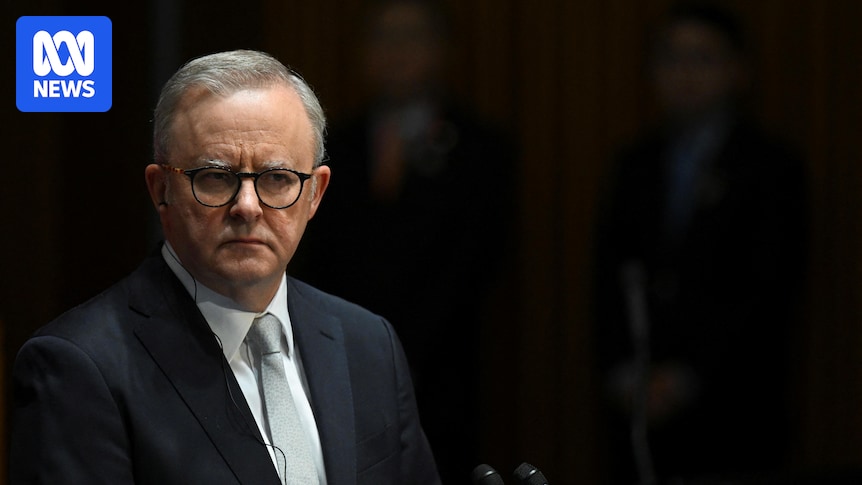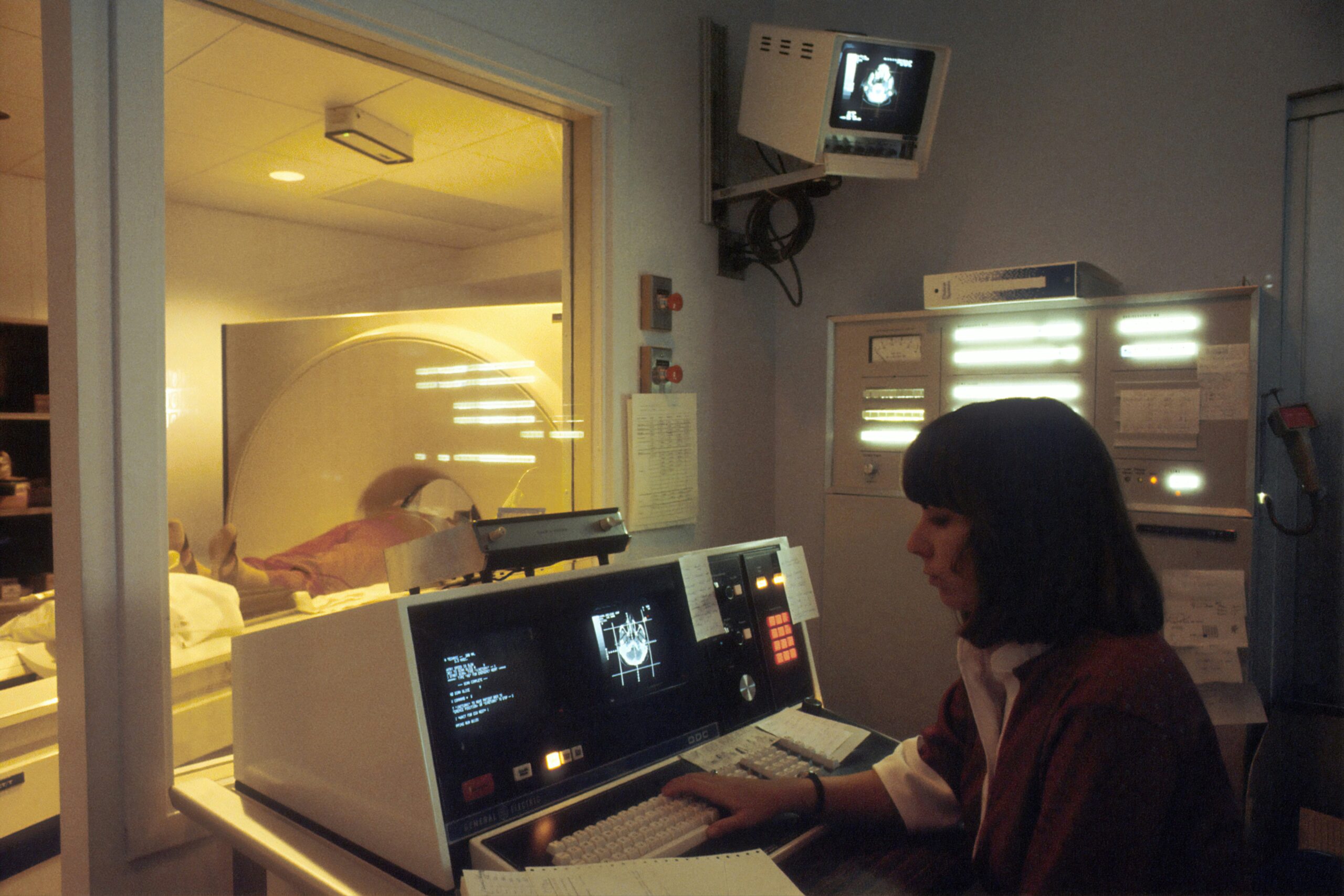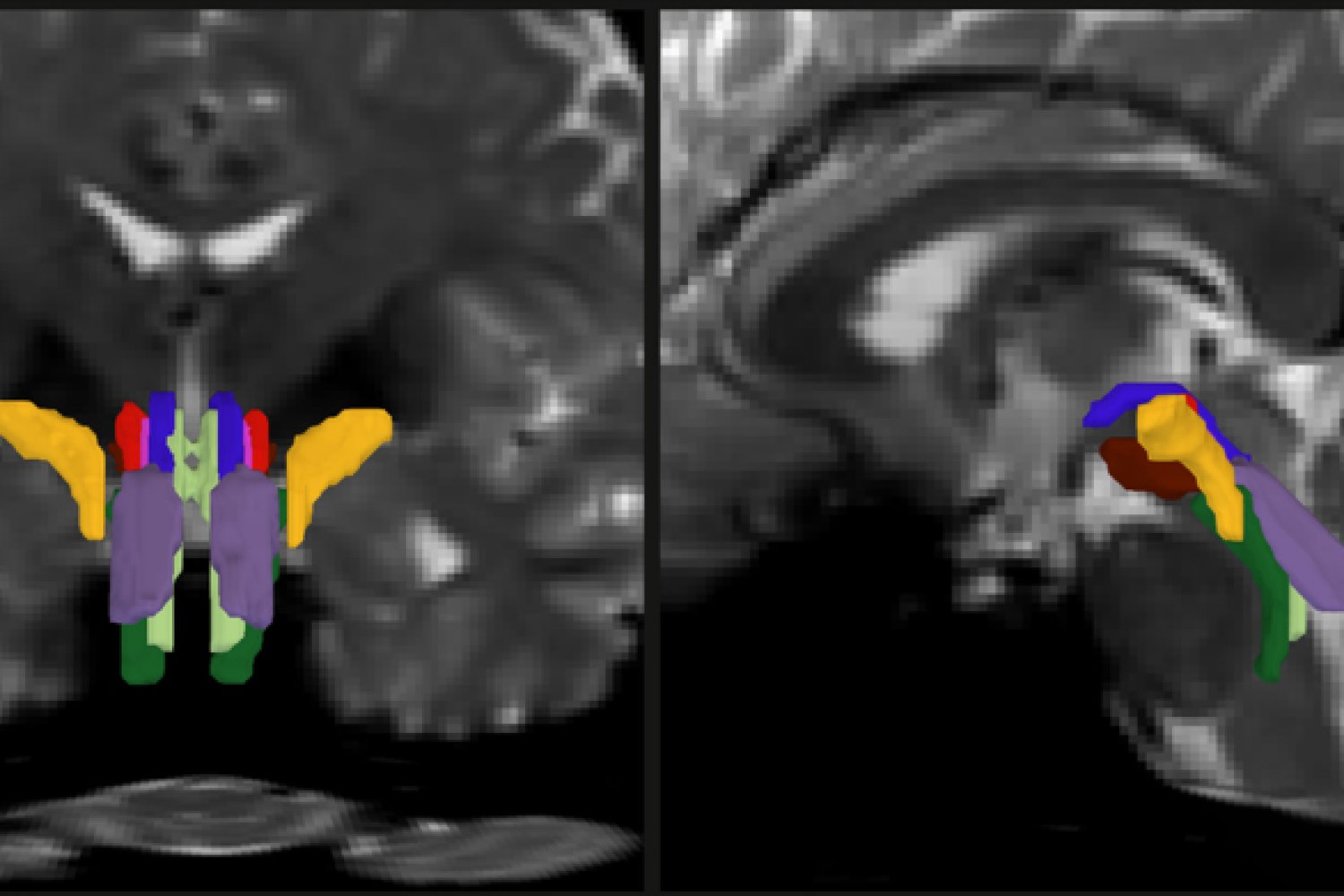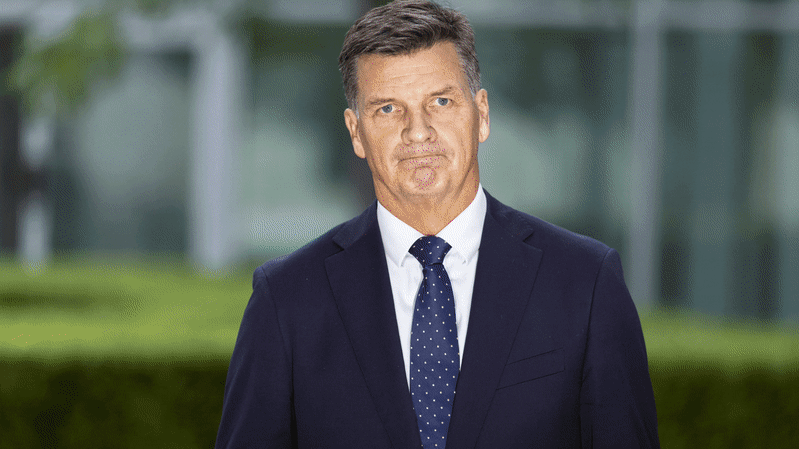
Anthony Albanese has taken a measured approach to convening the new parliament, which Governor-General Sam Mostyn will officially open on Tuesday. While some may see this as a strategic delay, it reflects a broader tendency among governments to view parliamentary sessions as potential obstacles to their agendas. Accountability, while crucial in theory, often proves challenging in practice.
In this initial fortnight of the new parliament, the spotlight is expected to fall more on the opposition than the government. Liberal leader Sussan Ley has navigated her early weeks without significant missteps. However, her critics remain vigilant, ready to pounce at any sign of weakness.
Challenges for Sussan Ley and the Coalition
Angus Taylor, who narrowly missed out on the leadership, remains ambitious and is closely watched by right-wing media eager for Ley to falter. To maintain her position, Ley must effectively manage her team’s messaging, particularly on foreign and defense policy, to avoid opening the Coalition to criticism.
Recently, Taylor, now the defense spokesman, made headlines by advocating for a joint security commitment with the US on Taiwan. Ley, aiming to avoid relentless negativity, must carefully select the Coalition’s targets. The leaked Treasury brief urging tax increases and spending cuts provides fertile ground for the Coalition to challenge the government on economic issues, a traditional stronghold for them.
Economic Strategies and Political Dynamics
Shadow Treasurer Ted O’Brien’s performance will be as critical as Ley’s. Facing a confident counterpart in Treasurer Jim Chalmers, O’Brien must quickly establish his footing. Wisely, he has enlisted Steven Hamilton, a seasoned economist and contributor to The Australian Financial Review, to bolster his team.
The government plans to introduce a mix of legislation in this initial period. Albanese has prioritized reducing student debt by 20% and securing penalty rates. However, a recent scandal involving childcare centers has necessitated urgent legislative action to address safety standards.
Upcoming Economic Reform Roundtable
This parliamentary session precedes the government’s productivity roundtable scheduled for August 19–21. Observers will closely monitor the interactions between Albanese and Chalmers, as their ambitions for the government’s second term differ. While both agree on the importance of delivering election promises, Chalmers is wary of Albanese’s potentially limited ambitions, whereas Albanese fears Chalmers may overreach.
“Delivering election promises should be the floor, not the ceiling, of ambition for the second term.” – Jim Chalmers
Negotiations and Legislative Challenges
As the government focuses on delivering results, Chalmers has not rushed negotiations with the Greens regarding changes to superannuation tax arrangements. The proposal to increase taxes on balances over $3 million has met with demands from the Greens to lower the threshold to $2 million and index it. A compromise is anticipated, marking an early test for new Greens leader Larissa Waters.
Looking ahead, the Greens face more challenging decisions, such as whether to support a new environmental protection authority, previously stalled by political hurdles. The Senate, however, is expected to be less contentious for the government, given the Greens’ sole balance of power on contested legislation.
Senate and House Dynamics
The Senate crossbenchers, including Pauline Hanson’s One Nation, face frustration over staffing allocations controlled by the prime minister. Meanwhile, ACT Senator David Pocock’s influence has waned compared to the previous term, as the new Senate numbers diminish his bargaining power.
In the House of Representatives, the Teals maintain strong representation but remain limited in their influence. Nicolette Boele, a new Teal member, faces uncertainty as the Liberals challenge her narrow victory in Bradfield. The outcome could impact Ley’s leadership, especially if a new election results in another loss for the Liberals.
Michelle Grattan, a professorial fellow at the University of Canberra and chief political correspondent at The Conversation, originally published this analysis.







